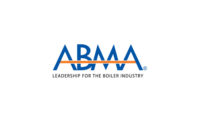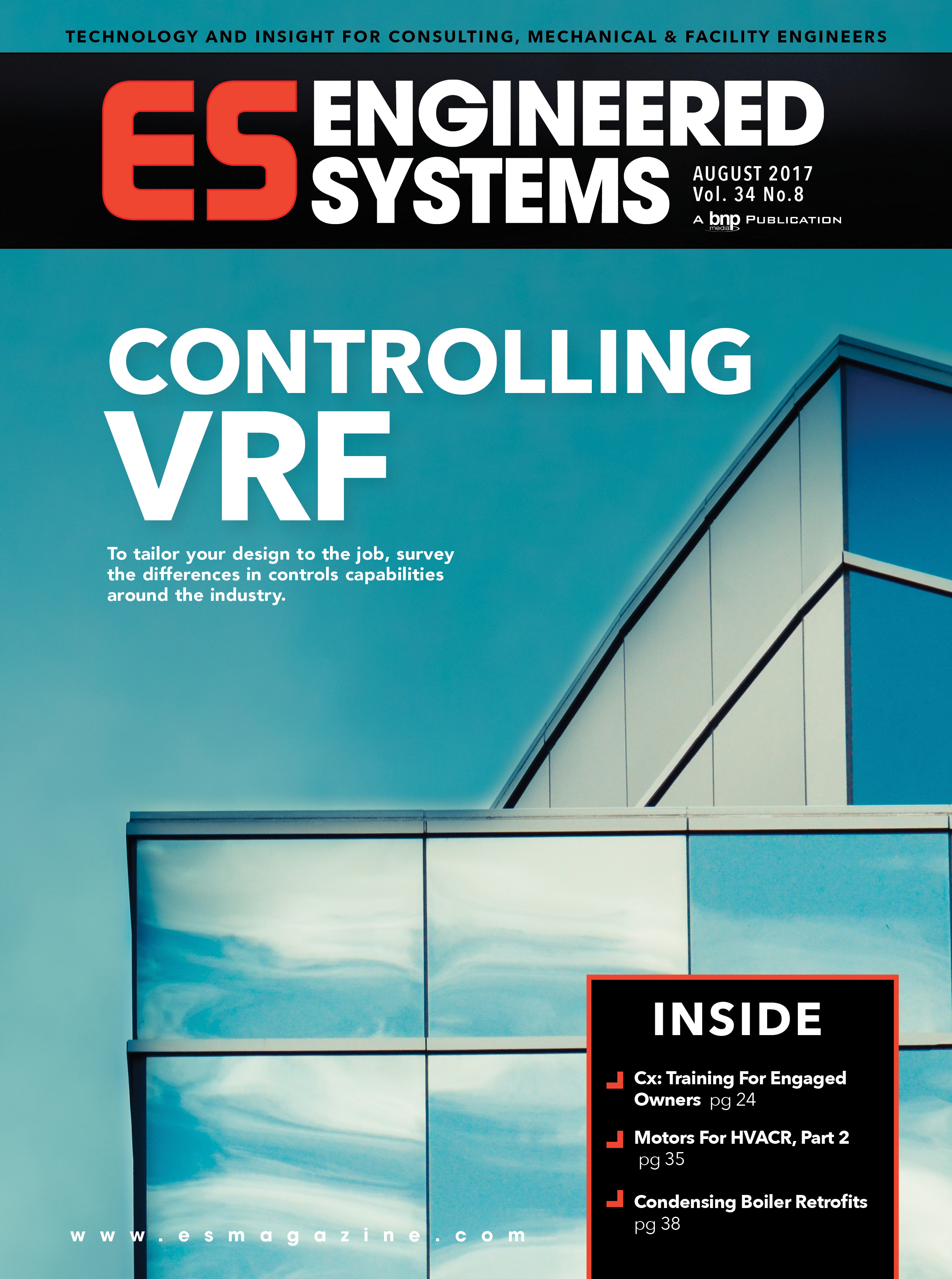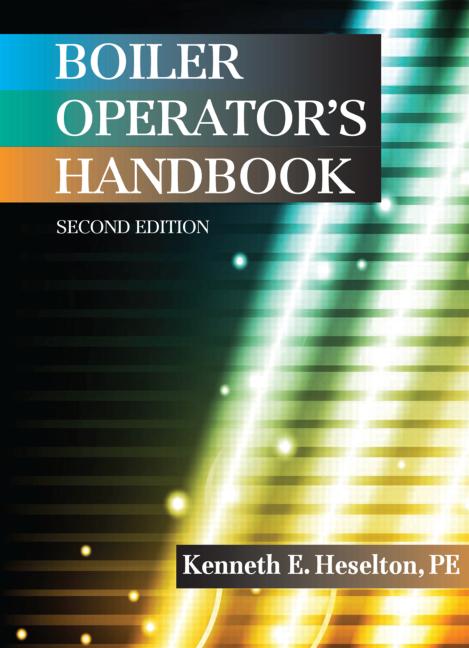In today’s competitive industrial landscape, boiler manufacturers face numerous challenges in ensuring their products’ safety and reliability. One of the most significant concerns is product liability claims. When a boiler malfunctions or causes harm, the manufacturer can be held legally responsible, leading to costly lawsuits, damage to reputation, and potential financial losses. To safeguard their businesses and reputations, boiler manufacturers must take proactive steps to mitigate product liability claims. In this article, we will explore some effective strategies to achieve this objective.
- Rigorous Product Testing and Quality Control — The foundation of a robust defense against product liability claims lies in producing high-quality and reliable boilers. Manufacturers must implement stringent testing procedures and quality control measures throughout the production process. From the sourcing of raw materials to the final inspection, every step should be closely monitored to ensure adherence to industry standards and safety regulations. Third-party certification and compliance with international standards, such as American Society of Mechanical Engineers (ASME) codes, are essential to demonstrate boilers meet the necessary safety and performance requirements. Regular audits and inspections of manufacturing facilities can help identify potential issues and enable prompt corrective actions.
- Comprehensive User Manuals and Warning Labels — Clear and comprehensive user manuals are critical to ensure the safe and proper operation of boilers. The manuals should be easily understandable and contain all necessary information about installation, maintenance, and troubleshooting procedures. Boiler manufacturers should also provide clear warning labels and safety instructions on the equipment itself, emphasizing potential hazards and how to avoid them. To enhance user understanding, manufacturers can use visual aids, diagrams, and symbols in the manuals and labels. By providing this information, manufacturers demonstrate a commitment to safety and equip users with the knowledge needed to operate the boiler responsibly.
- Staff Training and Customer Support — Proper training for the personnel involved in the installation, maintenance, and operation of the boilers is essential. Manufacturers should offer comprehensive training programs for both their own staff and authorized service technicians. This training ensures boilers are handled correctly and minimizes the risk of malfunctions caused by improper installation or maintenance.Additionally, offering reliable customer support and technical assistance can help users promptly address any concerns or issues. A responsive customer support system can contribute significantly to reducing potential product liability claims as customers feel confident in the manufacturer’s commitment to their safety and satisfaction. It is not recommended that you utilize your insurance company as your customer support department. Your insurer does not possess the intimate knowledge of your products that you do. Further, in the event of a failed boiler, their goals (minimizing claims costs) may not align with your own (salvaging a customer relationship).
- Regular Maintenance and Inspection Programs — Encouraging customers to follow a regular maintenance schedule is crucial to the longevity and safety of the boilers (not to mention the potential for additional income). Manufacturers can collaborate with customers to establish maintenance contracts, providing periodic inspections and servicing. Regular maintenance not only prevents potential malfunctions but also ensures the boilers continue to comply with safety standards throughout their lifespan.
- Post-Sale Monitoring and Feedback Collection — Maintaining open communication with customers post-sale is essential. Manufacturers can actively seek feedback from users regarding product performance and safety. Conducting surveys and analyzing customer feedback can provide valuable insights into potential issues or areas for improvement.By promptly addressing reported concerns and incorporating customer feedback into future product development, manufacturers demonstrate their commitment to continuous improvement and customer safety.
- Product Liability Insurance — Investing in product liability insurance is a wise precautionary measure for boiler manufacturers. While following all safety protocols and quality control measures can reduce the likelihood of product liability claims, accidents can still happen. Product liability insurance provides financial protection in case of legal claims, offering manufacturers peace of mind and an added layer of protection.
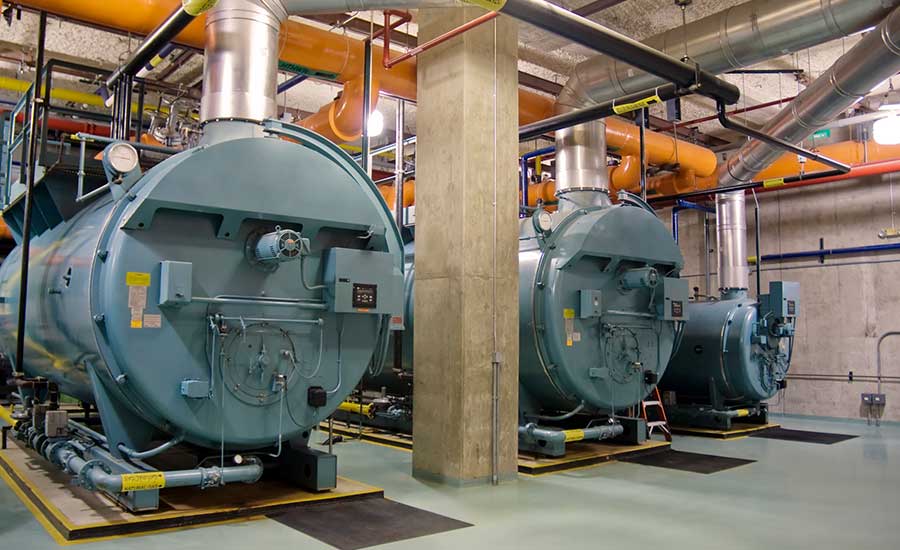
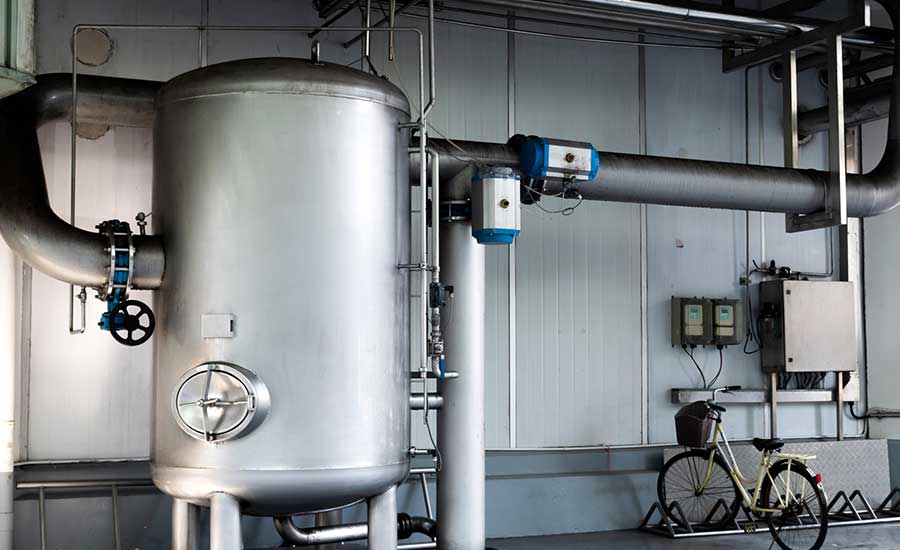
Nevertheless, not all insurance policies and programs are the same. You and/or your agent should research the various insurance options available to you. The following are some characteristics you should look for when evaluating insurers:
- Policy Language – “The devil is in the details,” they say. When it comes to insurance policy language, it can be difficult to discern whether a policy is worth the paper it is printed on. As an insurance buyer, you want a policy form with the broadest coverage available; one that does not allow the insurer to wiggle out of providing coverage in the event a claim falls into a “gray area.” Because it is impossible to write a policy that contemplates every potential claim scenario, there tends to be a lot of room for interpretation. Therefore, if you have a concern, make sure that language is included in the policy form. For everything else, you will have to choose an insurance company that will treat you right in the likely event of a unique claim scenario.
- Industry Knowledge – You want to ensure that your insurance provider understands your products and industry. Many insurers attempt to be all things for all businesses but lack specific industry knowledge. A carrier that understands your industry will not only tailor their policy language to your unique exposures, but will be more efficient in handling a claim when a problem does arise because they likely have previous history with similar claim scenarios.
- Cost Control – Just as you would not necessarily decide on which heart surgeon to use based on cost, your insurance purchasing decision should not necessarily depend solely on cost either. However, you have a business to run and all expenses reduce profitability. You should look for insurance programs that operate efficiently and in the best interest of those they insure. What is the company’s history of rate increases – either claims-related increases or general increases that affect all insureds equally? Does the insurance company provide policyholder dividends? To whom do their profits go? Does the insurance company provide any other value-added products or services that supplement your own risk management programs?
Conclusion
Product liability claims can pose significant challenges for boiler manufacturers, impacting their reputation and financial stability. However, by implementing rigorous testing and quality control processes, providing clear user manuals and warning labels, offering comprehensive staff training and customer support, and promoting regular maintenance, manufacturers can mitigate the risk of such claims.
Additionally, actively seeking customer feedback and continuously improving product design and safety measures are integral to building a culture of safety and quality. Ultimately, a proactive approach to product safety not only safeguards the manufacturer but also instills confidence in customers, leading to increased loyalty and a stronger market position. By prioritizing safety at every stage of the product life cycle, ABMA manufacturers can effectively mitigate product liability claims and foster a sustainable and successful business.
By Colin Donovan, president, STICO Mutual Insurance Company




